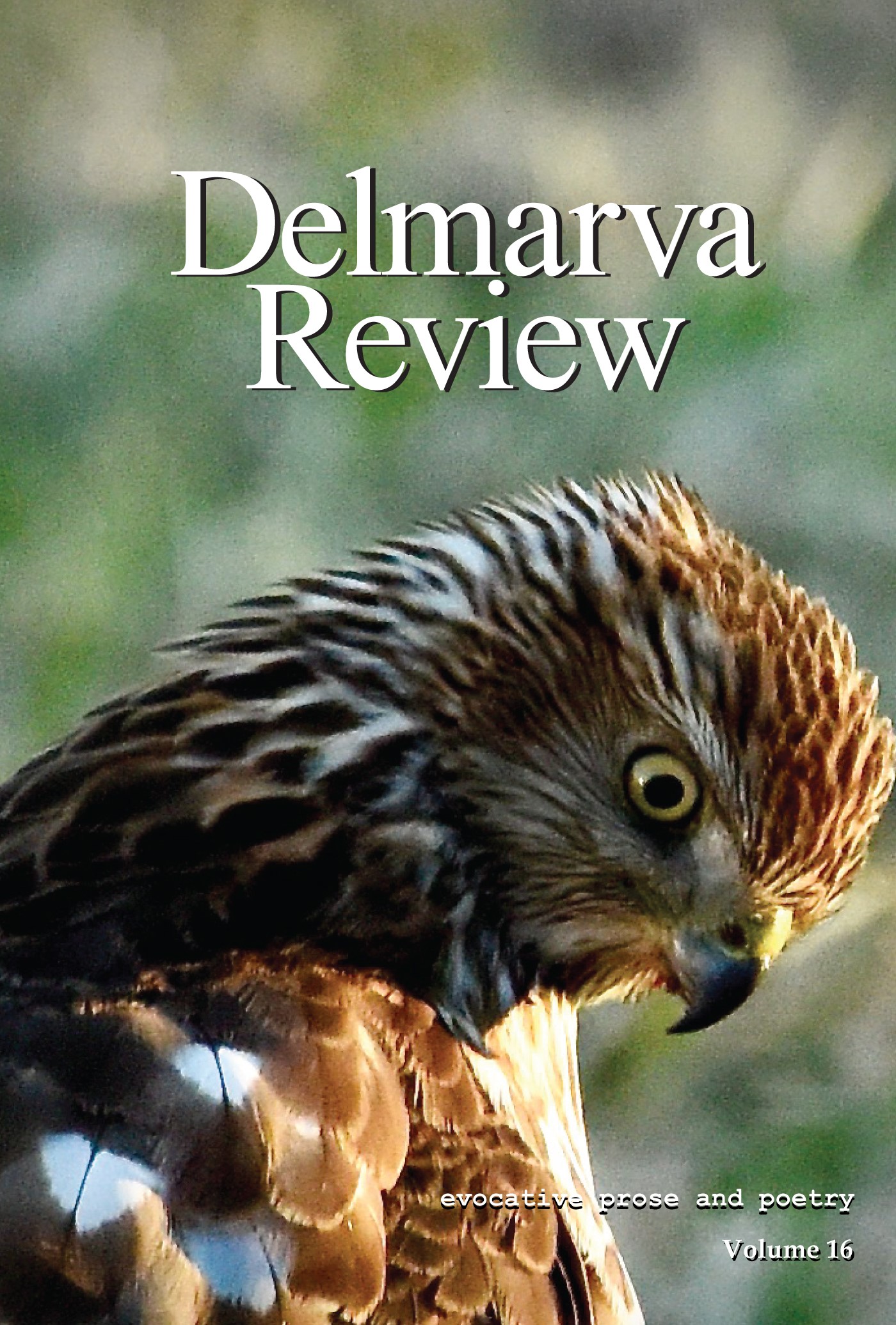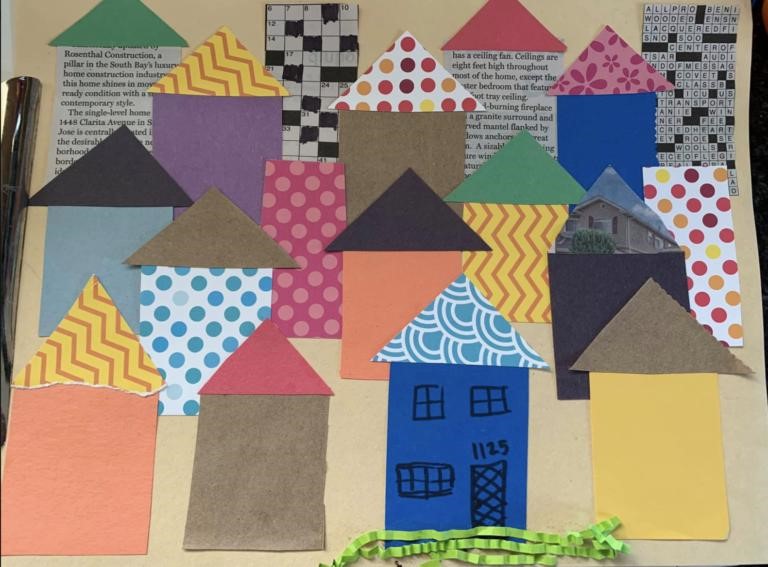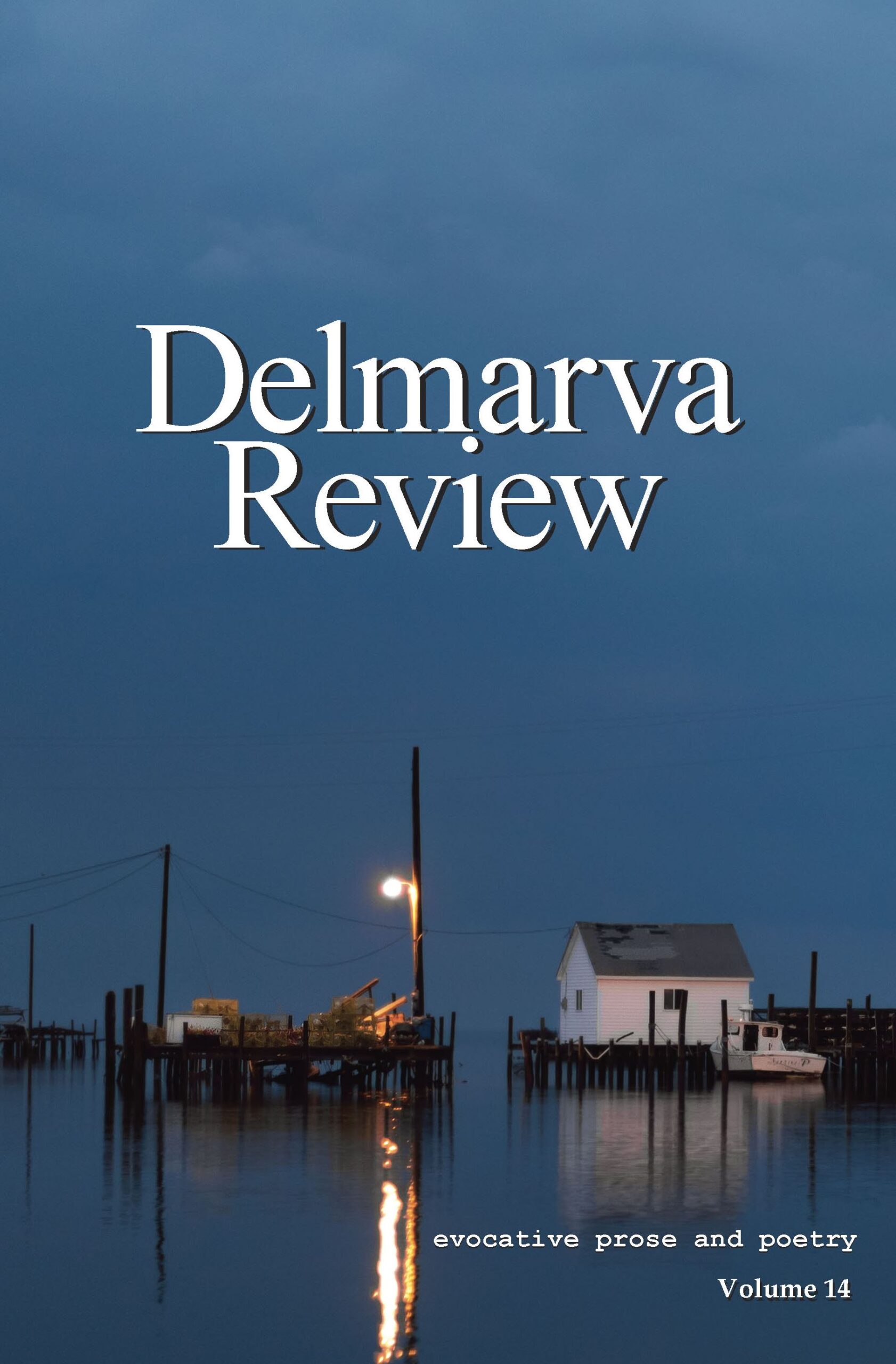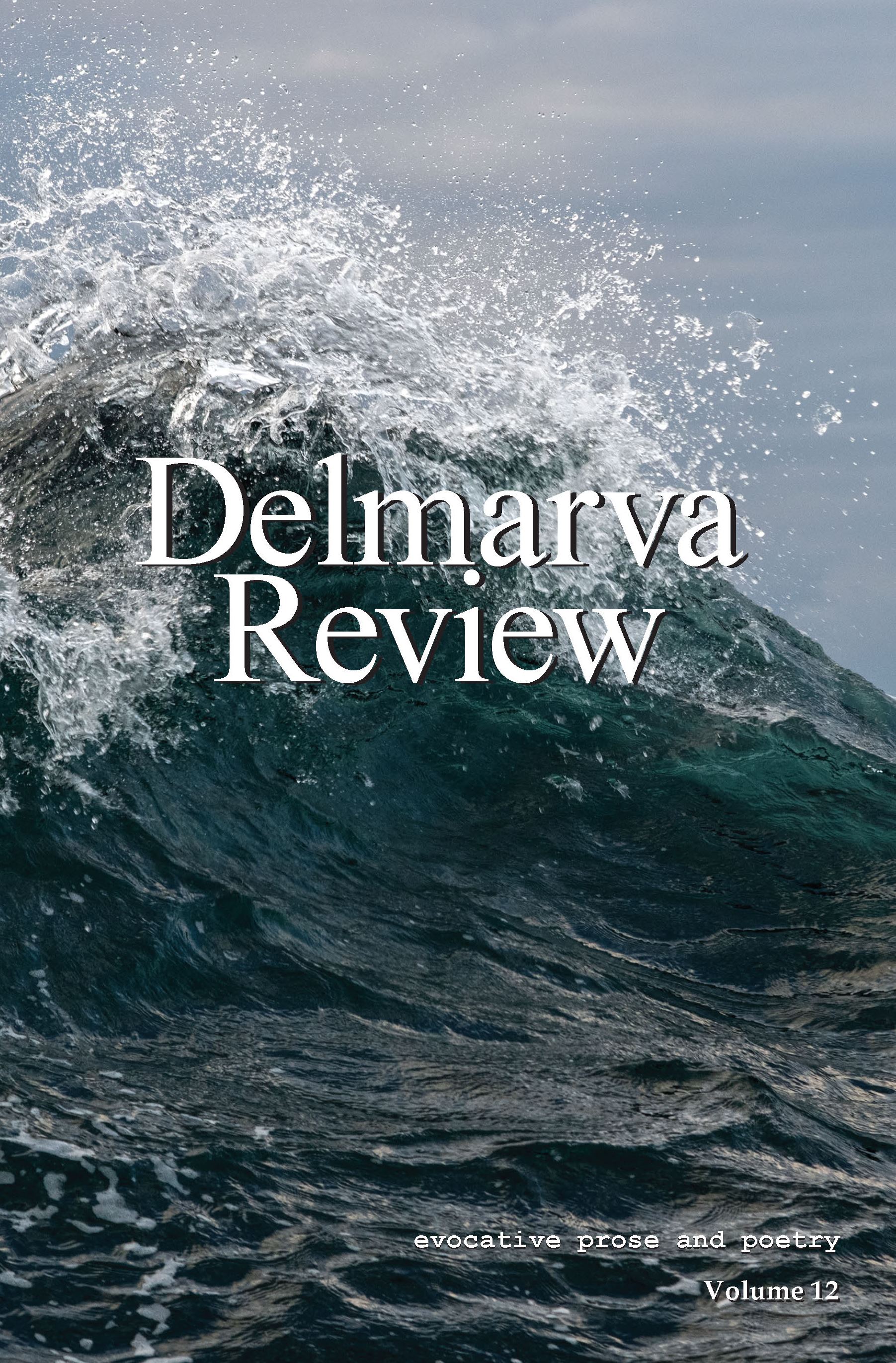WELCOME TO THE Delmarva Review’s 16th edition. The writing of 72 authors was selected from thousands of submissions during the year. This annual issue includes 70 poems, 12 short stories, and 14 essays. In all, the writers come from 23 states, the District of Columbia, and four foreign countries.
This year’s cover photograph is called “Eye of the Beholder.” It is a fitting description for the Red-tailed hawk’s large “eye,” on the cover, that allows the raptor to focus on its prey with spatial clarity from great heights at high speed.
The stories or poems in this issue carry a unique message from each author, in her or his own words. Topics naturally include grief, death, pain, love, living, place, acceptance, and freedom, among others. Aging and the uncertainties in life are frequent subjects. All have a common challenge—facing change—and the uncomfortable feelings associated with change.
We are pleased to include a personal essay from the student winner of the Delmarva Review-Talbot County Youth Writing Scholarship award. In partnership with Talbot County Schools and supported by a grant from the Talbot Arts, the review selected Mia Mazzeo, a junior at Easton High School, in Easton, Maryland.
As an independent, 501(c)3 nonprofit literary publisher, we are greatly appreciative of the funding support we receive from individual tax-deductible contributions and a public grant from Talbot Arts with revenues from the Maryland State Arts Council.











